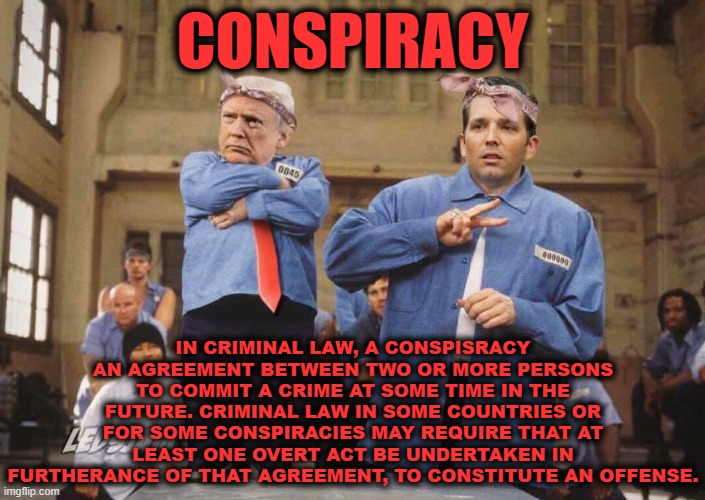

Romer and Jamieson demonstrate that in the US, beliefs in COVID–19 conspiracy theories are related to a lower perceived threat of the pandemic, which is associated with a lower likelihood of performing preventive actions (e.g., wearing a mask) and of refusing a vaccination even if it becomes available. argue that support for conspiracy theories is likely to jeopardize the success of efforts to fight the pandemic. Importantly, beliefs in conspiracy theories negatively impact the fight against COVID-19. Moreover, based on a survey of 2254 UK residents aged 16–75 conducted by King’s College London and Ipsos MORI on 20–, Duffy and Allington find that 30% of respondents believe in the conspiracy theories that “coronavirus was probably created in a lab”, “most people in the UK have already had coronavirus without realising it” and “the COVID-19 death toll is being deliberately reduced or hidden by the authorities”. Beliefs in concrete conspiracy theories about the pandemic are common in the UK, as 20% of people in the UK agree that “the authorities want us to think that coronavirus is much more dangerous than it really is”, and 19% agree that “the government is deliberately allowing vulnerable people to die”. , most Americans (71%) have heard of the conspiracy theory that the COVID-19 outbreak was planned, and about one-third of those who are aware of it say that it might be true. Oliver and Wood find, based on nationally representative samples in the US, that over half of the respondents believe a health-related conspiracy theory. The problem is that many people believe in conspiracy theories. In addition, these theories focus on the causes rather than the consequences of the COVID-19 pandemic.

These conspiracy theories contradict common sense and have negative connotations about leaders’ use of their power. Lynas lists the following ten conspiracy theories related to COVID-19: “5G is spreading COVID-19”, “Bill Gates is behind the spread of COVID-19”, “the virus escaped from a Chinese lab”, “COVID-19 was created as a biological weapon”, “the US military imported COVID-19 into China”, “COVID-19 doesn’t actually exist”, “the pandemic is being manipulated by the ‘deep state’ of America’s elite”, “COVID-19 is a plot by Big Pharma”, and “COVID death rates are inflated”. This positive role of conspiracy theories is paradoxical because they are generally viewed as negative.Īs COVID-19 spreads, a wide variety of conspiracy theories are spreading as well. Specifically, when perceived benefits and trust in the government or science enhance preventive actions or increase vaccination intentions, strong beliefs in conspiracy theories promote this effect. In addition, beliefs in conspiracy theories play indirect roles in these two responses to COVID-19. Based on an analysis of survey data, we find that beliefs in conspiracy theories have positive impact on preventive actions and vaccination intentions. However, we find that this dominant theory does not apply in Korea. Previous studies indicated that this dominant theory applies in Korea as well. In particular, strong beliefs in conspiracy theories lower people’s intentions to engage in preventive actions and get vaccinated.

The dominant theory in the literature is that beliefs in conspiracy theories have negative consequences. This study aims to analyze the direct and indirect impact of beliefs in conspiracy theories on COVID-19-related preventive actions and vaccination intentions.


 0 kommentar(er)
0 kommentar(er)
